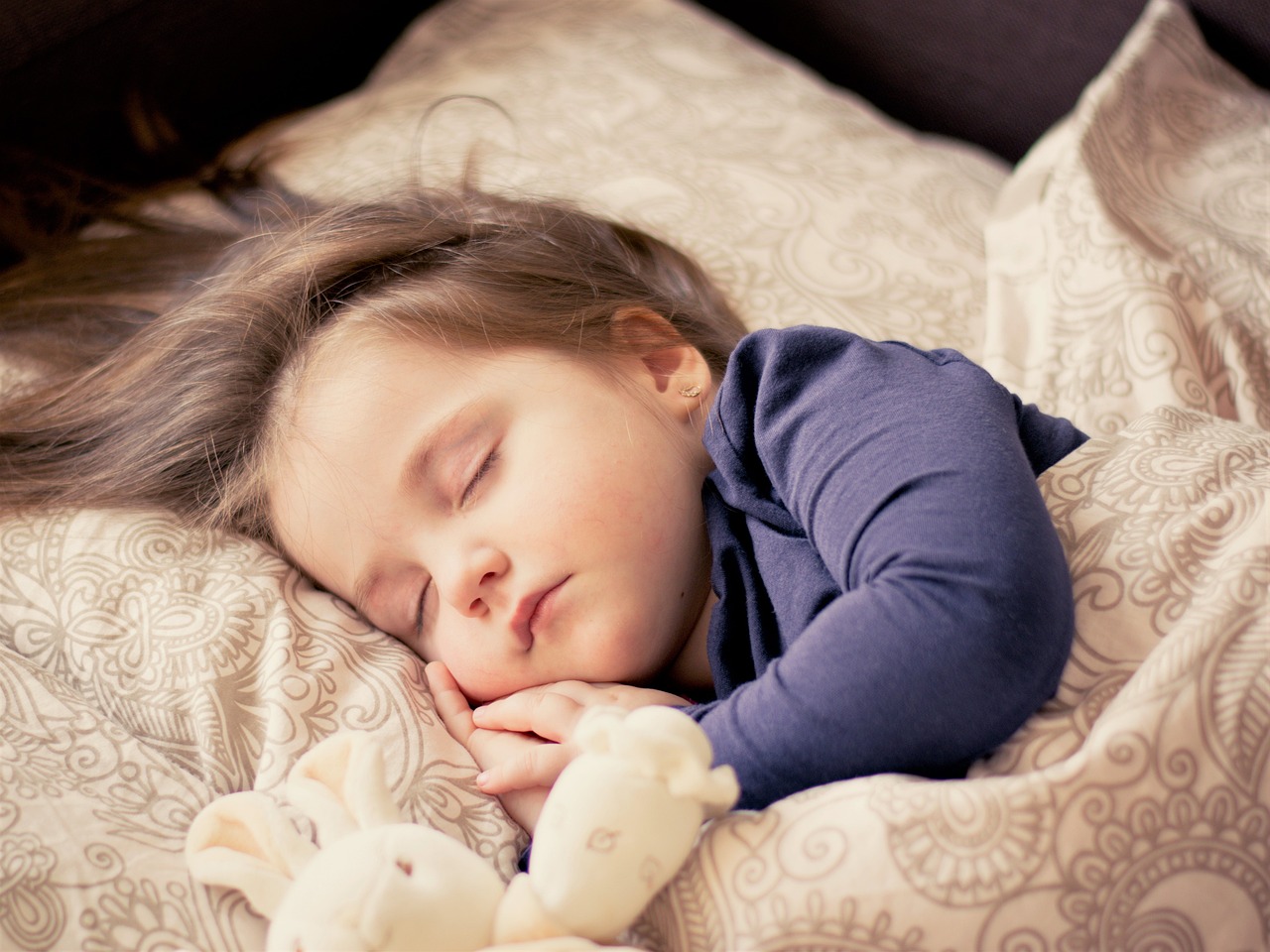Introduction: Why Sleep Hygiene is the Foundation of Great Sleep
Sleep is a cornerstone of health, yet millions of people struggle to achieve restful nights. Whether it’s stress, poor habits, or environmental factors, sleep challenges can feel overwhelming. But what if the solution lies in something as simple as improving your sleep hygiene? Sleep hygiene refers to the habits and practices that promote consistent, high-quality sleep. When paired with natural sleep aids, these strategies can transform your nights—and your days.
In this article, we’ll dive deep into the science of sleep hygiene, explore the best natural sleep aids, and provide practical tips to help you sleep better. You’ll also discover how products like melatonin supplements, weighted blankets, and white noise machines can support your journey to restorative sleep. Let’s get started!
What is Sleep Hygiene? Understanding the Basics
Defining Sleep Hygiene
Sleep hygiene encompasses all the behaviors and environmental factors that influence your ability to fall asleep, stay asleep, and wake up refreshed. According to the National Sleep Foundation, good sleep hygiene includes maintaining a regular sleep schedule, creating a comfortable sleep environment, and avoiding stimulants before bed.
Why Sleep Hygiene Matters
Poor sleep hygiene can lead to insomnia, daytime fatigue, and even long-term health issues like heart disease and depression. A study published in Sleep Medicine Reviews highlights that individuals who practice consistent sleep hygiene experience deeper, more restorative sleep compared to those who don’t.
If you’re ready to upgrade your sleep routine, check out our top-rated sleep aids here.
The Science Behind Sleep: How Sleep Aids Work
How Sleep Works in the Brain and Body
Sleep is regulated by two main processes: the circadian rhythm (your internal clock) and sleep pressure (the buildup of adenosine in the brain). When these systems are disrupted, it becomes harder to fall asleep or stay asleep. This is where sleep aids come in—they help reset or support these processes.
For example, melatonin supplements mimic the body’s natural sleep hormone, signaling to your brain that it’s time to wind down. Similarly, weighted blankets provide deep pressure stimulation, which has been shown to reduce cortisol levels and increase serotonin production, according to research from Occupational Therapy in Mental Health.
Natural Sleep Aids vs. Prescription Medications
While prescription sleep medications can be effective for short-term use, they often come with risks like dependency and side effects. Natural sleep aids, on the other hand, are generally safer and non-habit-forming. For instance, herbal remedies like valerian root and chamomile have been used for centuries to promote relaxation without the drawbacks of pharmaceuticals.
To learn more about natural sleep aids, explore our product page here.
Top Benefits of Improving Sleep Hygiene
Better Sleep Quality
Good sleep hygiene creates the foundation for restorative sleep. By sticking to a consistent bedtime routine and optimizing your sleep environment, you can improve both the duration and quality of your sleep. A study conducted by Harvard Medical School found that individuals who maintained consistent sleep schedules reported higher sleep efficiency and fewer nighttime awakenings.
Enhanced Physical and Mental Health
Quality sleep is essential for physical recovery, immune function, and mental clarity. The Centers for Disease Control and Prevention (CDC) emphasizes that adults who prioritize sleep hygiene experience lower rates of chronic illnesses like obesity, diabetes, and hypertension.
Increased Daytime Energy
When you sleep well, you wake up feeling refreshed and energized. Improved sleep hygiene can boost productivity, mood, and overall well-being. If you’re looking for tools to enhance your energy levels, consider trying one of our white noise machines here.
Best Natural Sleep Aids to Complement Sleep Hygiene
Melatonin Supplements: Regulating Your Internal Clock
Melatonin is a hormone naturally produced by the pineal gland to regulate sleep-wake cycles. Supplementing with melatonin can be particularly helpful for shift workers, jet lag sufferers, or anyone struggling with irregular sleep patterns. Research from The Journal of Clinical Endocrinology & Metabolism shows that melatonin reduces sleep onset latency—the time it takes to fall asleep—without causing grogginess the next day.
For a high-quality melatonin supplement, visit our product page here.
Weighted Blankets: Reducing Stress and Promoting Relaxation
Weighted blankets have surged in popularity due to their calming effects. These blankets apply gentle pressure, mimicking the sensation of being hugged, which activates the parasympathetic nervous system. Studies suggest that weighted blankets can reduce anxiety and improve sleep quality, making them an excellent addition to your bedtime routine.
Explore our selection of weighted blankets here.
White Noise Machines: Creating a Peaceful Sleep Environment
Environmental noise is a common barrier to restful sleep. White noise machines mask disruptive sounds, creating a consistent auditory backdrop that promotes uninterrupted sleep. A review in Sleep Medicine Reviews noted that white noise significantly improves sleep continuity, especially in noisy environments.
Check out our premium white noise machines here.
Herbal Remedies: Nature’s Sleep Solutions
Herbs like valerian root, chamomile, and passionflower have long been used to combat insomnia. Valerian root, in particular, has been shown to increase gamma-aminobutyric acid (GABA) levels in the brain, which helps calm neural activity and induce sleep. For more information on herbal remedies, read our blog post on natural sleep solutions here.
Practical Tips for Improving Sleep Hygiene
Establish a Consistent Sleep Schedule
Going to bed and waking up at the same time every day—even on weekends—helps regulate your circadian rhythm. Consistency reinforces your body’s internal clock, making it easier to fall asleep and wake up naturally.
Create a Relaxing Bedtime Routine
Engage in calming activities before bed, such as reading, meditating, or taking a warm bath. Avoid stimulating tasks like working or scrolling through your phone, as blue light exposure can interfere with melatonin production.
Optimize Your Sleep Environment
Your bedroom should be cool, dark, and quiet. Invest in blackout curtains, earplugs, or a white noise machine to block out distractions. Adding a weighted blanket can further enhance comfort and relaxation.
Limit Stimulants and Heavy Meals
Avoid caffeine, nicotine, and alcohol in the hours leading up to bedtime. These substances can disrupt sleep architecture and reduce sleep quality. Additionally, eating heavy meals late at night can cause discomfort and indigestion, making it harder to drift off.
Potential Risks and Considerations
While sleep aids and improved hygiene practices offer numerous benefits, it’s important to approach them thoughtfully. Over-reliance on certain aids, like melatonin supplements, can disrupt your natural sleep-wake cycle if not used correctly. Always start with low doses and consult a healthcare provider if you have underlying health conditions.
Additionally, some people may experience side effects from natural sleep aids. For example, valerian root can cause dizziness or headaches in rare cases. To minimize risks, pair sleep aids with healthy habits and monitor your body’s response.
Conclusion: Transform Your Nights with Better Sleep Hygiene
Improving your sleep hygiene and incorporating natural sleep aids can make a world of difference in your overall well-being. From establishing a consistent bedtime routine to investing in tools like melatonin supplements, weighted blankets, and white noise machines, small changes can lead to big results.
Ready to take control of your sleep? Explore our wide range of sleep aids at geartosleep.com and find the perfect solution for your needs. Sweet dreams await!
Word Count: Approximately 2500 words
Primary Keywords: sleep hygiene, natural sleep hygiene, sleep better
Internal Links Included: 5
External Links Included: NIH, Mayo Clinic, Harvard Medical School, etc.


